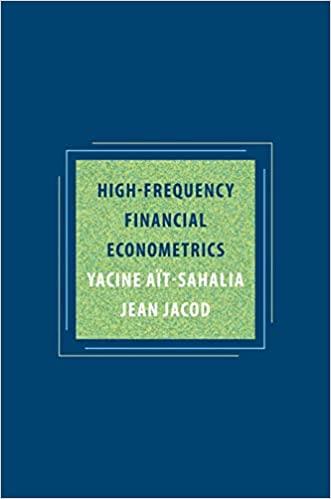

1. Inka Oil has been searching for ways to diversify in a more sustainable direction. One of their chemical engineers has developed a new way to extract fertilizer directly from sewage. Given that this is a line of business that will be important in the coming circular economy, Inka Oil views this as a potentially promising investment, and has decided to pilot a plant (i.e. trial). They are now evaluating the economy of this pilot plant. The plant will take one year to build, with construction costs of 40 million. The plant has a planned operating life of ten years, which implies a straight-line depreciation for the life-time of the plant. Inka Oil has an offer from the local utility to provide sewage at no cost. Annual costs of running the plant have been calculated at 5 million/year. There is however a great deal of uncertainty about the quantity and quality of the fertilizer produced using the new process. Their engineer has come up with three scenarios for annual production: 25 tonnes/50 tonnes/100 tonnes. Each of these scenarios is viewed as equally likely. If the fertilizer is of high quality, it can be sold to the country's hobby gardeners at a price of 0.2 million/ton. If the quality however is low quality, the fertilizer will be exported at a price of 0.15 million/ton. The engineer views each quality scenario as equally likely. (c) Inka Oil uses a cost of capital equal to 13 percent for all of its projects related to the oil industry. Below is a list of cost of capital for many sectors. Please use a relevant cost of capital to find the NPV. Would you recommend Inka to invest? Why? (8 points) sectors cost of capital from equity data (percent) Oil 13 Food 5 Fertilizers 6 Health 20 Technology 25 1. Inka Oil has been searching for ways to diversify in a more sustainable direction. One of their chemical engineers has developed a new way to extract fertilizer directly from sewage. Given that this is a line of business that will be important in the coming circular economy, Inka Oil views this as a potentially promising investment, and has decided to pilot a plant (i.e. trial). They are now evaluating the economy of this pilot plant. The plant will take one year to build, with construction costs of 40 million. The plant has a planned operating life of ten years, which implies a straight-line depreciation for the life-time of the plant. Inka Oil has an offer from the local utility to provide sewage at no cost. Annual costs of running the plant have been calculated at 5 million/year. There is however a great deal of uncertainty about the quantity and quality of the fertilizer produced using the new process. Their engineer has come up with three scenarios for annual production: 25 tonnes/50 tonnes/100 tonnes. Each of these scenarios is viewed as equally likely. If the fertilizer is of high quality, it can be sold to the country's hobby gardeners at a price of 0.2 million/ton. If the quality however is low quality, the fertilizer will be exported at a price of 0.15 million/ton. The engineer views each quality scenario as equally likely. (c) Inka Oil uses a cost of capital equal to 13 percent for all of its projects related to the oil industry. Below is a list of cost of capital for many sectors. Please use a relevant cost of capital to find the NPV. Would you recommend Inka to invest? Why? (8 points) sectors cost of capital from equity data (percent) Oil 13 Food 5 Fertilizers 6 Health 20 Technology 25








